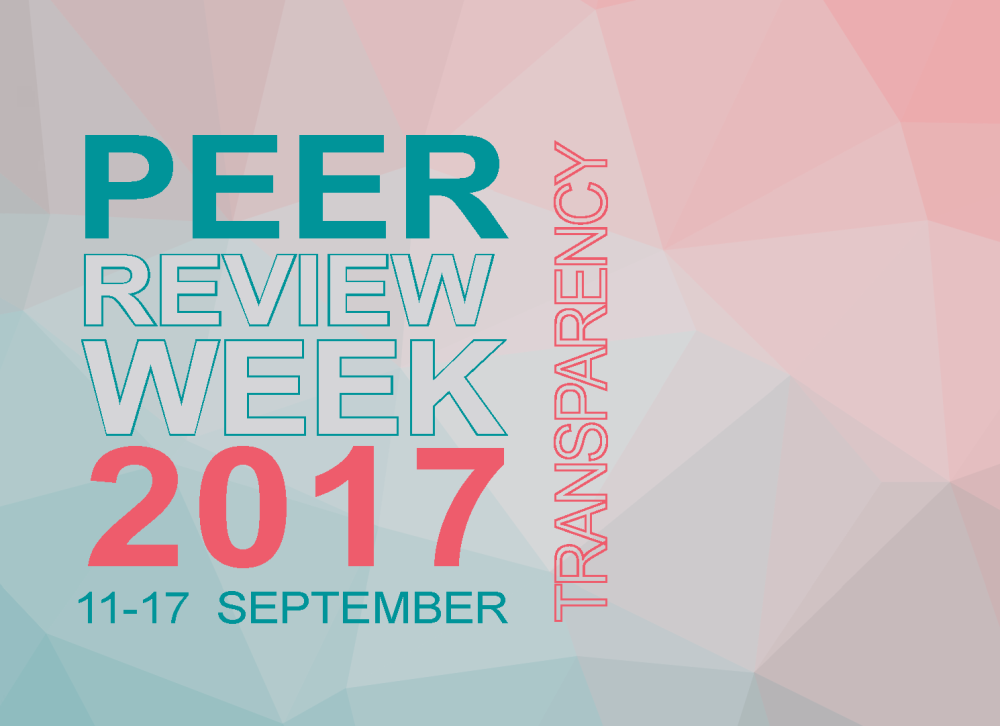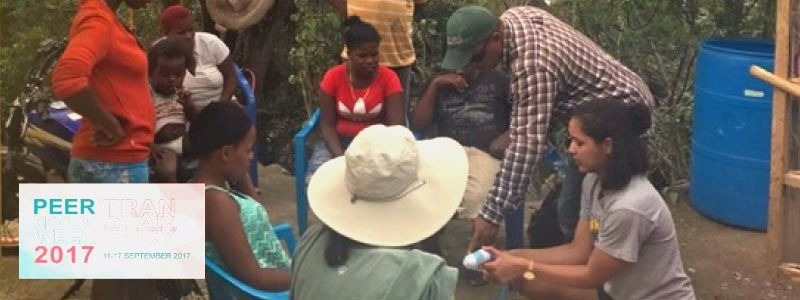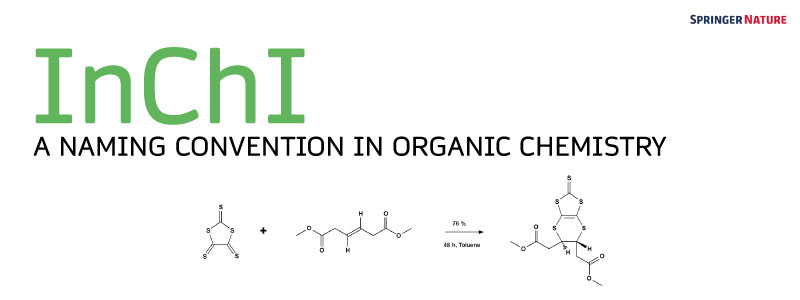Peer Review Week 2017: Transparency in Review, and other innovations
By Steven Inchcoombe, Chief Publishing Officer, Springer Nature At Springer Nature every week is Peer Review Week. Each week our dedicated in-house editorial staff spend thousands of hours co-ordinating the process of peer review, to ensure and improve the quality of the scientific literature we publish and in doing so, advance discovery. We support our Editors in Chief, Editorial Board Members, Section Editors, peer reviewers and authors by providing guidance and systems to enable them to improve manuscripts. Furthermore, we’re trialling innovative new practices through small-scale pilots, while also exploring grander ideas such as the potential role of Artificial Intelligence. … Read more…









